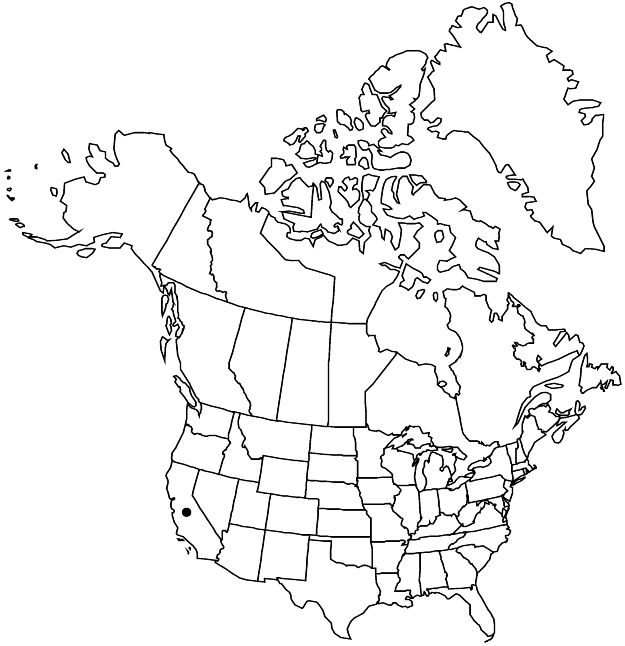Eriogonum cinereum
Bot. Voy. Sulphur, 45. 1844.
Shrubs, round, 6–15 × 10–20(–25) dm, tomentulose, grayish. Stems spreading, occasionally with persistent leaf bases, up to 3/4 or more height of plant; caudex stems absent; aerial flowering stems erect to spreading, slender, solid, not fistulose, 1–4 dm, tomentulose. Leaves cauline, 1 per node; petiole 0.1–0.5(–1) cm, tomentulose; blade ovate, 1.5–3 × 1–2.5(–3) cm, white-tomentulose abaxially, less so and greenish adaxially, margins plane. Inflorescences capitate, congested, 1–2.5 × 1–2.5 cm; branches dichotomous, tomentulose; bracts usually 3, scalelike, triangular, and 1–3 mm, or leaflike, ovate, and 7–20 × 5–18 mm. Peduncles absent. Involucres 3–10 per cluster, narrowly turbinate, 3–5 × 2–3 mm, tomentulose; teeth 5, erect, 0.2–0.5 mm. Flowers 2.5–3 mm; perianth white to pinkish, densely white-villous; tepals connate proximally, monomorphic, spatulate to narrowly obovate; stamens exserted, 2.5–3.5 mm; filaments subglabrous. Achenes brown, 2–2.5 mm, glabrous. 2n = 80.
Phenology: Flowering year-round.
Habitat: Sandy beaches, coastal bluffs, mesas, canyon slopes, coast scrub and chaparral communities
Elevation: 0-400 m
Discussion
Of conservation concern.
Eriogonum cinereum occurs naturally along the Pacific Coast in Los Angeles, Santa Barbara, and Ventura counties, and also on Santa Rosa Island. It is infrequently planted along highways (and is now found in San Diego County) and hybridizes with E. fasciculatum var. foliolosum. The species is the food plant of the Bernardino dotted-blue butterfly (Euphilotes bernardino).
Selected References
None.
